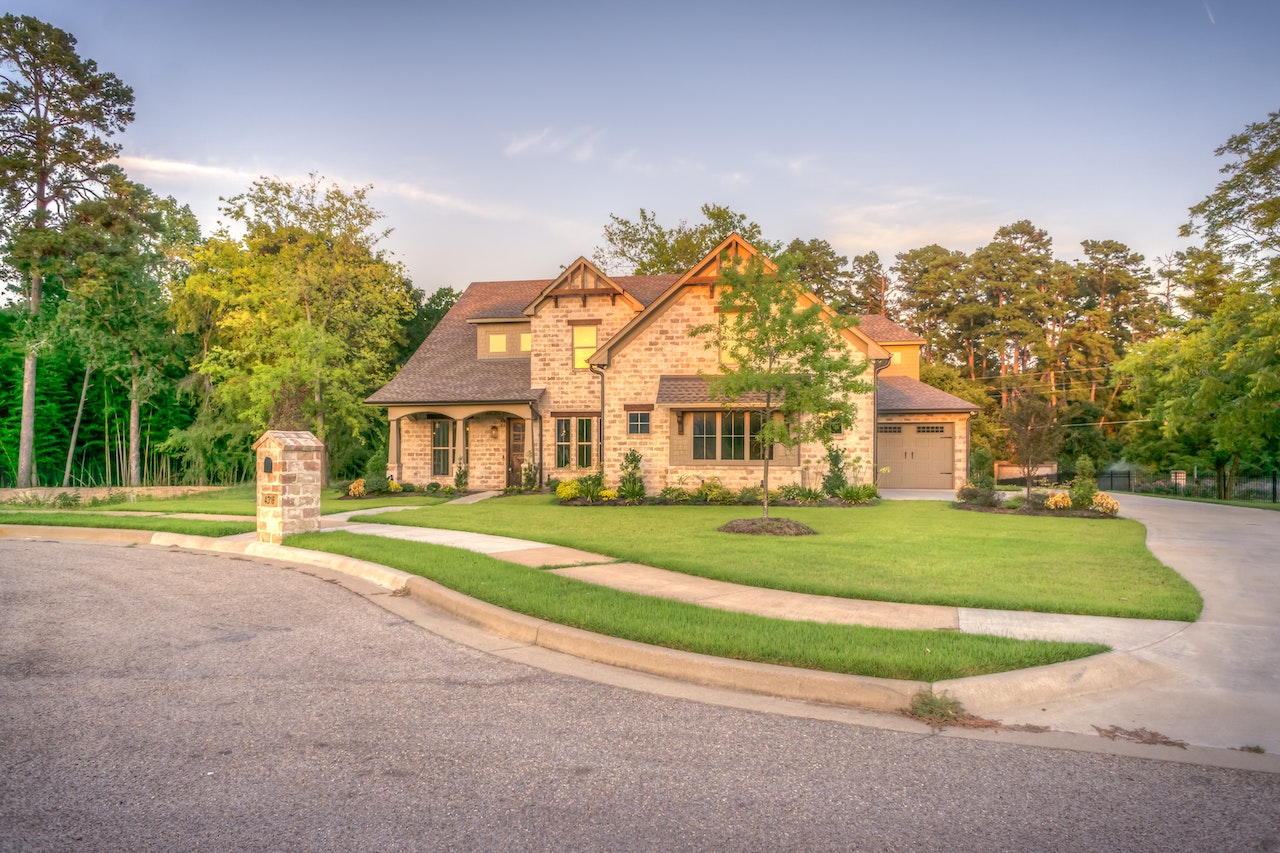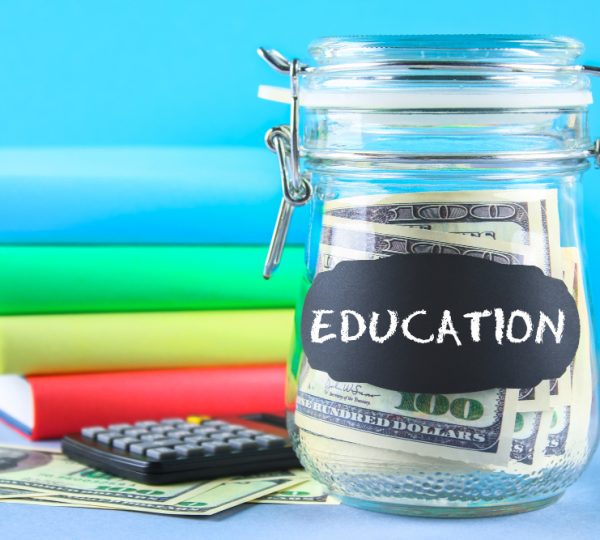Are You Living On Rent But Thinking Of Buying A House? How Risky t is to purchase a home!
It’s crucial to enter the buying process well educated if you are currently renting a house and are considering purchasing a home. You must surely be sure that your mortgage payment and other new housing expenses will be within your means because you’ll be making a significant investment. Unfortunately, a financial expert, Suze Orman, cautions that many individuals make a risky error when determining how much house they can afford to buy for their first property.

First Time Home-buyers should know this.
Anyone who is presently renting must heed Orman’s advice to first-time purchasers. If you’re a first-time home buyer, Orman advised against assuming that the monthly mortgage payment you can afford is based on your existing Rent. This can seem like an odd caution. After all, it makes sense to believe that if you pay $1,200 in Rent each month, your mortgage payment would also be $1,200. After all, you would still be making the same monthly payment. Unfortunately, there is no doubt about the answer to that. According to Orman, property tax, insurance, and upkeep are substantial additional expenses for homeowners.
When you rent a home, your landlord probably insures the building on your behalf. Even if you may get renter’s insurance to protect your belongings, this will usually be far less expensive than a policy on the entire property and all of its contents. When you rent, your landlord almost certainly pays your property taxes, but if you become the legal property owner, you will be responsible for paying them. Currently, your landlord handles all maintenance and repairs for you, but if you become a homeowner, this will no longer be the case. Once you become an owner, you will be responsible for paying for any necessary repairs, like replacing a broken roof or new appliances.
If nothing terrible happens, you will now be responsible for paying for basic ongoing maintenance charges like changing air filters and cleaning the gutters. Orman advises against considering only your monthly payment as a gauge of affordability because your ongoing ownership costs will likely be significantly higher due to these additional fees.
How can you make it affordable?
What should you do instead of presuming you can fund a property if the monthly mortgage equals your Rent? Orman suggested adding 30% to the mortgage’s base cost to account for those costs. This is solid advice to follow, and individuals contemplating buying a house should seriously consider paying attention to her remarks. “For example, if the basic mortgage is $1,000 a month, I propose that your monthly cost, including tax, insurance, and upkeep, will be $1,300.”
If they make the rookie error that Orman advised against, first-time buyers switching from renting may discover that they ultimately cannot afford their property.
How is it dangerous to buy a house now?
Investing in a house may be pretty profitable. As your mortgage balance decreases, you will create equity and eventually become the sole owner of a priceless house. Your home value may also increase your net worth because you would possess a more valuable asset. However, investing in real estate is not always a wise choice, particularly if you overpay for it or can’t afford it. Additionally, Suze Orman cautions that there are significant potential dangers to buying now due to the present economic climate.
Concerns about current home prices
Midway through the summer, Orman provided guidance for those thinking about purchasing a home. “Buying a home was always a significant financial decision, but the stakes now verge on hazardous,” she added. The risk, according to Orman, is substantial because of how quickly property values have been rising lately. She stated that the information revealed costs rose 16% over the year, reaching as much as $364,000 at the year’s conclusion. Sadly, she said, most people’s incomes have not increased as much.
She cautioned, “Chances are your pay hasn’t kept up with the rise in property costs.” “And that’s why purchasing a home today may be risky; pushing yourself to purchase your true financial comfort zone might be a mistake that will haunt you for decades.”
Take notice of the warnings.
Orman is entirely correct that costs have increased dramatically. However, availability is still below demand, and prices are still high in many areas across the United States, even though rising mortgage interest rates since the beginning of 2022 have marginally cooled demand.
Regrettably, buyers must take out larger mortgages and, preferably, higher down payments to purchase more-priced homes. For example, if you can’t come up with a 20% down payment, and your lender requires you to buy private mortgage insurance to protect them against foreclosure losses. In that case, this could mean you need to save more aggressively and result in a mortgage payment that is significantly higher than it would have been just a few short years ago.
If you buy a house at the absolute top of your budget, any unforeseen cost or reduction in your salary might trigger a financial catastrophe. And as Orman makes clear, higher prices increase the likelihood that many purchasers will act this way and struggle for years. According to Orman, stretching to have a bigger house or a dwelling in a desirable location might be risky if it prevents you from achieving other crucial financial objectives. To prevent this, you should carefully investigate the entire costs of homeownership to ensure that your mortgage and other commitments don’t take up too large a proportion of your income. Furthermore, as Orman advises, you should acquire the property you need, even if it doesn’t necessarily satisfy all of your goals.
Following her advice, you may avoid the dangerous trap that homebuyers are currently in during a period of high prices, and perhaps you’ll be content in your home for years to come.



